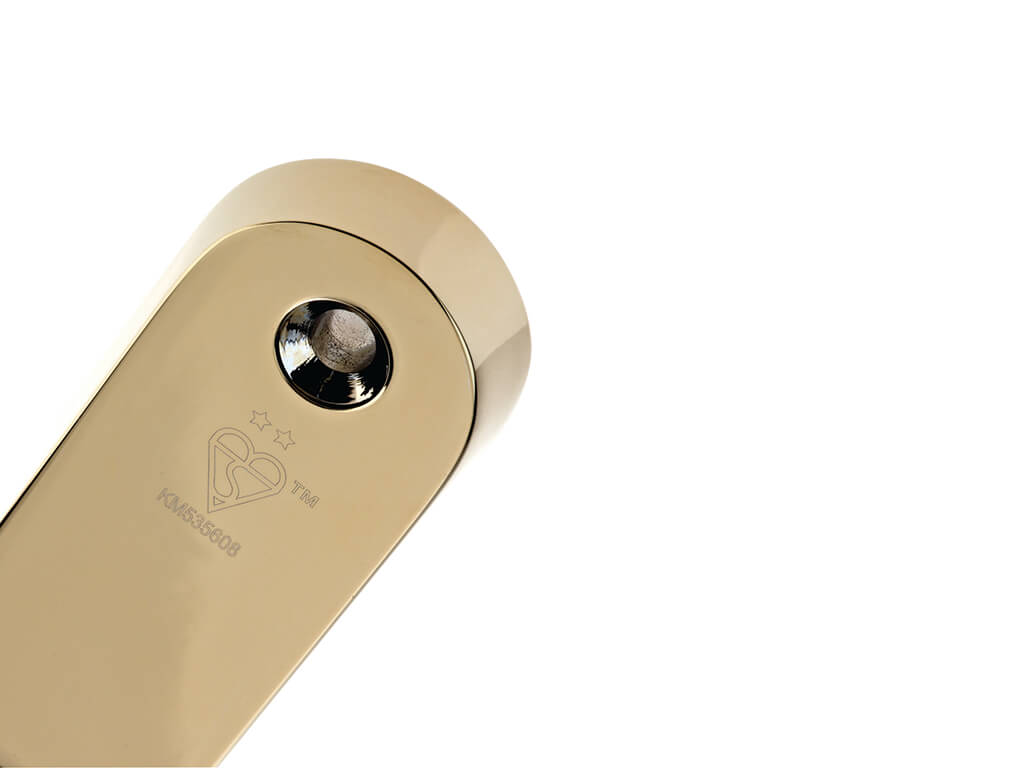
Without third party accreditation, how can you tell?
If you’re buying – or indeed selling – a product which has been PAS24, TS007, BSEN1906 or BSEN1935 approved, then it’s understandable to assume that it has been rigorously tested to meet that standard.
Of course, it will have been tested at some point, but I’m becoming increasingly concerned about the number of products on the market which claim approval but which have only realistically been successfully tested once or twice when they were first launched.
Without some type of third party accreditation of the production process, buyers have no way of knowing whether the actual hardware they are buying on a day to day basis matches the quality of that original product which was tested, or whether standards have since dropped.
The only way to guarantee that, of course, is to choose a supplier who can demonstrate ongoing third party accreditation of its manufacturing.
This is a mandatory requirement for Kitemark and CE marking schemes and companies like Mila spend tens of thousands of pounds every year keeping up these accreditations. It’s important to us because, essentially, a Kitemarked or CE marked product offers the firm guarantee to a buyer that the product they are buying matches the quality of the original test unit.
This is because third party accreditation of the manufacturing requires a factory audit and checking of the FPC (factory process controls). It’s not enough to know that a factory can make a product to that standard once, it has to be able to demonstrate that it can make it consistently.
Third party accreditation is also required in order to become an SBD approved manufacturer but, crucially, it is not required to meet the requirements of Approved Document Q.
As I have said, it is an expensive process and the cost for smaller fabricators would probably be prohibitive, so cascading of test evidence is allowed for ADQ. However, the danger here is that, without independent checking all the way down the line, it’s all too easy for the cascaded test report to get diluted, and any variation from the report – even down to using different screws and packers – will make it invalid.
Similarly, PAS24 2016 will allow hardware tested to TS007 and TS008 to be used but, because even the TS standards don’t require third party accreditation, they only strongly recommend it, I’m not sure how test houses can be confident the products will meet the standard unless they themselves test them.
The current state of the market puts Building Control bodies in a difficult situation. How can they have the confidence to sign off buildings fitted with Approved Document Q windows and doors if those products don’t have third party accreditation? In their position, I’m not sure that I would.
As a buyer, my advice would be to ask your supplier to send you a copy of the test report for any individual product so that you can check that is up to date and also ask for proof of their third party accreditation. Surely, any business which values its reputation can’t afford to risk supplying products which simply don’t meet the standards being claimed?
It goes without saying perhaps that Mila’s Evolution and ProSecure door hinges are CE marked and Mila’s ProSecure and SupaSecure door handles, ProSecure patio handle, SupaSecure escutcheons are all Kitemarked so that our customers can be confident that the quality and strength of the products is consistent.
As always, you can contact me for more information via: scooke@mila.co.uk or via Twitter:@StraffordCooke


